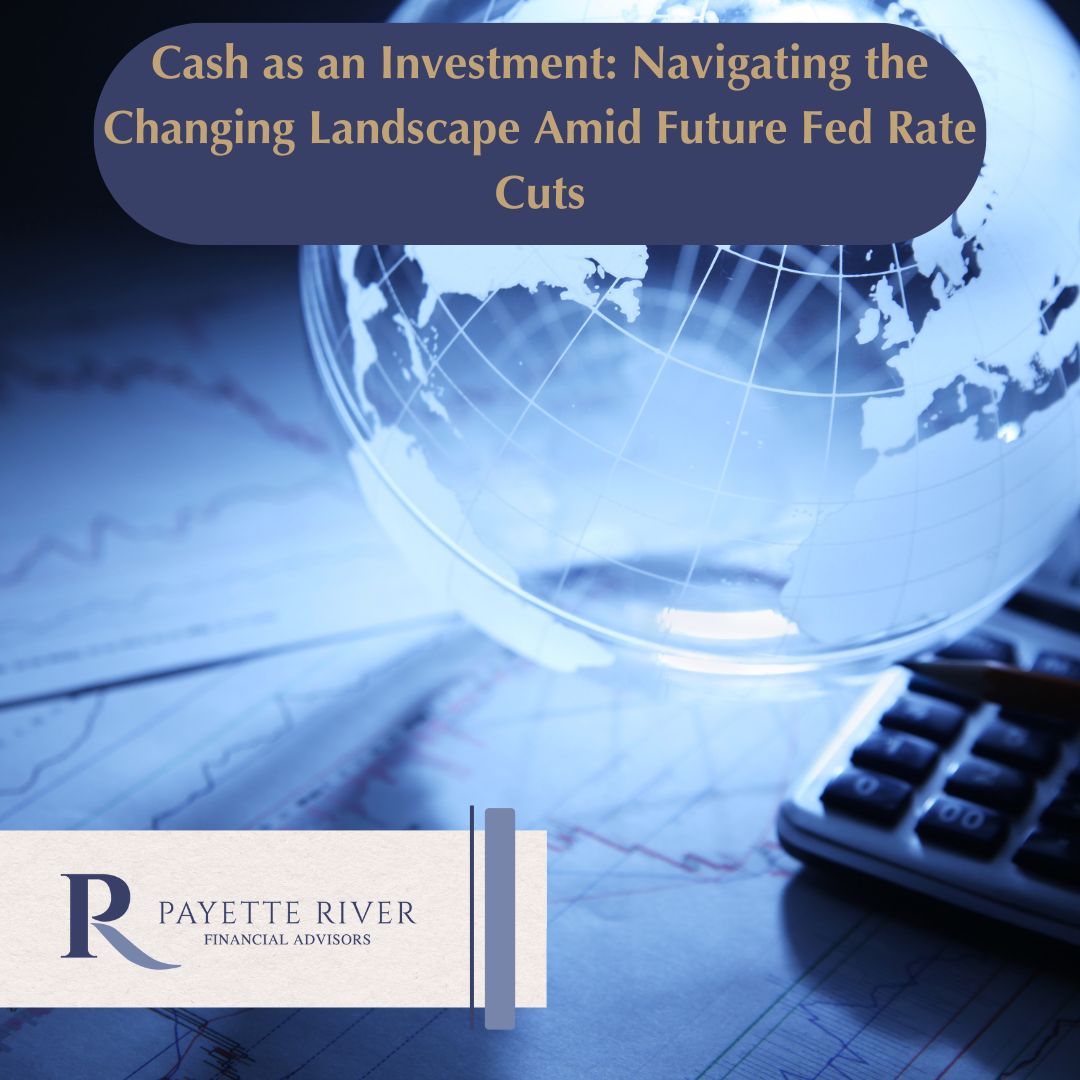For investors, cash and cash-like investments have been unusually attractive over the past two years, offering a safe haven with surprisingly robust returns. This appeal was primarily driven by the Federal Reserve’s aggressive interest rate hikes, a measure aimed at combating inflation. High-yield options such as Certificates of Deposit (CDs), money-market funds, and other similar vehicles have been delivering returns well above 5%, a rate that was virtually unheard of for such investments in the low-interest environment that preceded this period. However, as the landscape shifts with the Fed’s recent signal towards cutting rates, investors are finding the world of cash investments increasingly complex.
The Fed’s recent announcement to potentially cut rates three times before year-end has sent ripples through the cash investment ecosystem.
While some cash-like investments continue to offer competitive yields, others have begun to see a decline. This divergence underscores the need for investors to stay informed and adaptable in their strategies.
The CD Dilemma: A Microcosm of the Changing Market
Certificates of Deposit (CDs) exemplify the ongoing transformation. Previously, investors could easily secure a 5% return or more on 12-month CDs, a reflection of the high-rate environment fostered by the Fed’s policies. However, the landscape is now shifting. According to recent data from Bankrate, which tracks the highest rates offered by financial institutions, the allure of CDs is becoming more nuanced.
Currently, the most attractive CD rates are found in shorter-term offerings. Three-month CDs, for example, can yield as much as 5.5% annually, presenting a lucrative but brief investment opportunity. On the other hand, longer-term CDs, extending two years or more, have seen a decrease in yield, now offering less than 5%—a noticeable drop from the approximately 5.5% rates seen late last year.
This shift is reflective of financial institutions’ anticipations of a lower interest rate environment moving forward. They are adjusting their offerings accordingly, to avoid being locked into higher payouts as overall rates decline. This has led to a surge in investor interest in short-term CDs, with about 70% of high-rate CDs opened in February having maturities of less than a year.
Navigating the New Terrain
For investors, this evolving scenario underscores the need for vigilance and flexibility. While cash and cash-like investments remain attractive compared to their historical performance, the impending rate cuts suggest a return to a more traditional stance on cash as a low-yield, safe-haven asset.
To navigate this changing landscape, investors may consider diversifying their holdings in cash-like instruments, balancing between short-term high-yield opportunities and longer-term investments that might offer lower returns but greater stability as rates decline. Additionally, staying abreast of Fed announcements and economic indicators will be crucial for making informed decisions in this fluctuating market.
Moreover, the shifting yield landscape calls for a reassessment of risk versus return. As the gap between returns on cash-like investments and riskier assets such as stocks potentially narrows, investors will need to carefully consider their portfolio composition and risk tolerance.
Looking Ahead
As the central bank gears up for a potential shift in its interest rate policy, the world of cash investments will undoubtedly continue to evolve. Investors who adapt their strategies to the changing dynamics, staying informed and flexible, may be better positioned to navigate this complexity and capitalize on opportunities that arise in this new phase of the financial cycle.
Important Disclosures
The opinions voiced in this material are for general information only and are not intended to provide specific advice or recommendations for any individual. To determine which investment(s) may be appropriate for you, consult your financial professional prior to investing.
Investing involves risks including possible loss of principal. No investment strategy or risk management technique can guarantee return or eliminate risk in all market environments.
There is no guarantee that a diversified portfolio will enhance overall returns or outperform a non-diversified portfolio. Diversification does not protect against market risk.
CD’s are FDIC Insured and offer a fixed rate of return if held to maturity.
An investment in the Money Market Fund is not insured or guaranteed by the Federal Deposit Insurance Corporation or any other government agency. Although the Fund seeks to preserve the value of your investment at $1.00 per share, it is possible to lose money by investing in the Fund.
This article was prepared by FMeX.
LPL Tracking #558041


